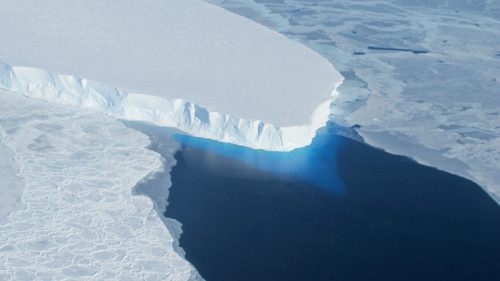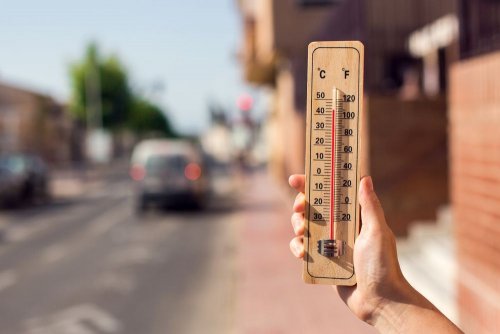The Copernicus annual climate report showed that weather conditions behind severe heat waves are increasing the potential for solar energy production in the EU.
This could stimulate the production of "green" energy in countries not traditionally considered to be rich in solar resources, The Washington Post reports.
The report highlighted that the European continent has warmed almost twice as much on average as the rest of the globe since pre-industrial times. This causes dangerous heatwaves and droughts, but increases the potential of solar energy.
It is noted that in 2022, Europe had 130 more hours of sunshine than the average. The largest increase in sunshine hours was observed in Germany, the Netherlands and Belgium, as well as in South-Eastern Europe.
The article emphasized that in the past, aerosol air pollutants helped form clouds. However, Europe's efforts to reduce emissions have also helped reduce cloud cover.
As EcoPolitic previously reported, the annual report of the International Renewable Energy Agency IRENA showed that in 2022 the global capacity of green energy increased by 9.6% (295 GW) and reached 3,372 GW.




